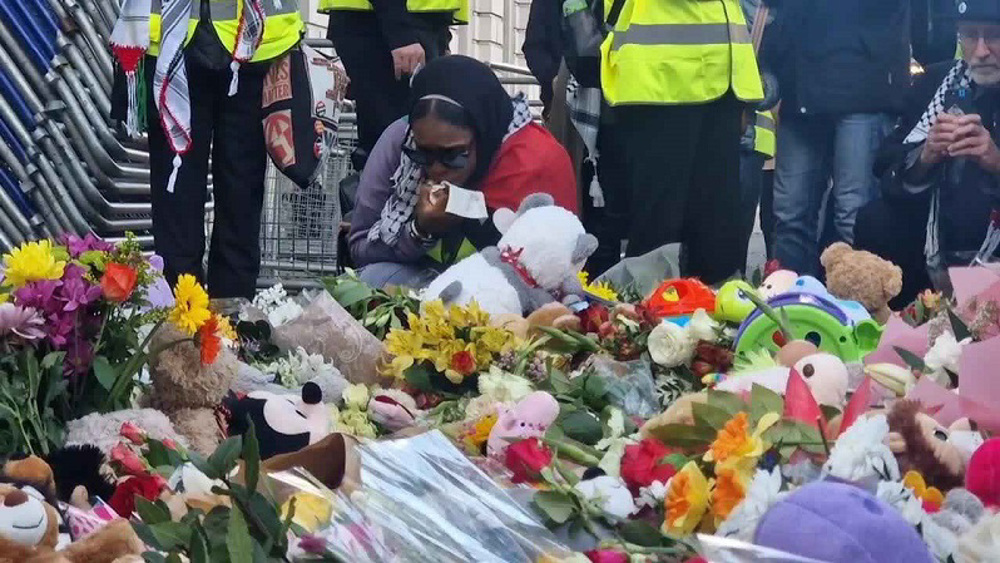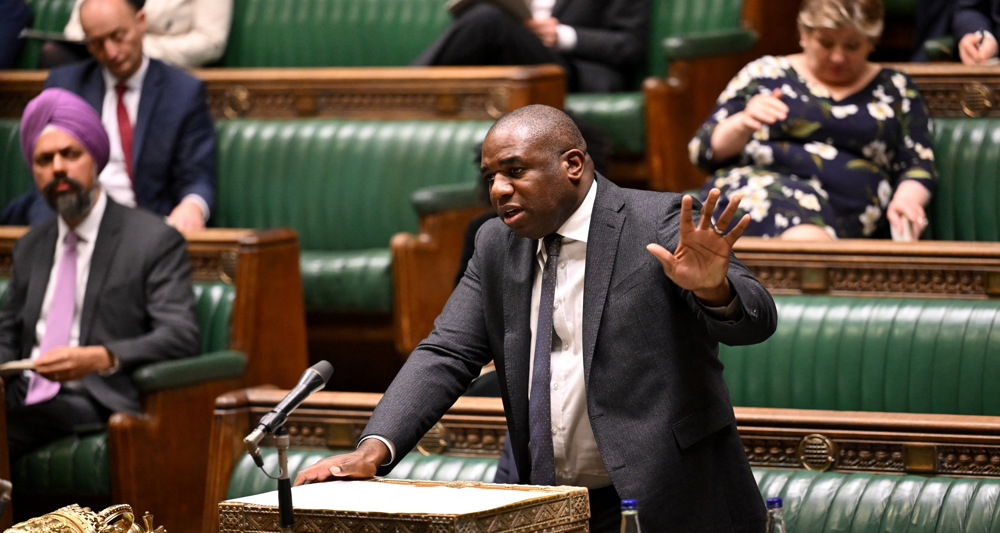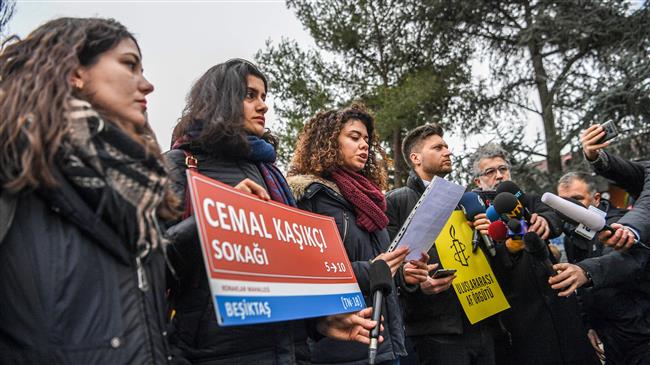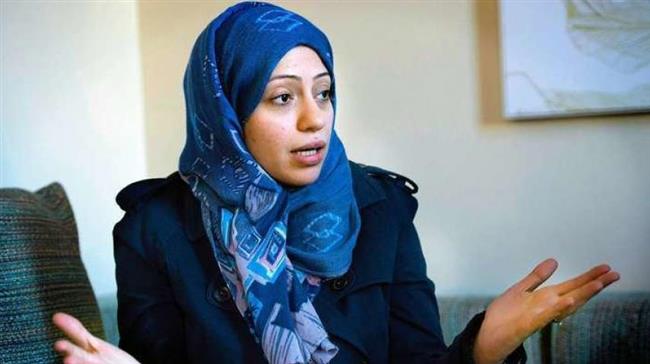British lawmakers endorse reports on ‘torture’ of female activists in Saudi Arabia
Three British lawmakers have endorsed reports showing that over a dozen female activists detained since last May in Saudi Arabia have been subjected to “torture,” saying Riyadh could bear responsibility for the mistreatment.
On Monday, Crispin Blunt, Layla Moran, and Paul Williams said they had found reports by international rights groups and news media pointing to the abuse to be credible, Reuters said.
They described the detainees' treatment as "cruel, inhuman, and degrading."
The MPs further said the Saudi authorities had also violated international law by denying the activists visits by outsiders, including legal advisers.
London-based rights body Amnesty International said last month that it had documented 10 cases of torture and abuse against the women. The suffering imposed on them, it said, included sexual harassment, electrocution, flogging, and death threats.
“Culpability rests not only with direct perpetrators but also those who are responsible for or acquiesce to it,” the agency added, citing the British legislators.
The MPs' announcement came after they studied the findings of a review panel they had formed with prominent lawyers.
"The Saudi authorities at the highest levels could, in principle, be responsible for the crime of torture," the panel said.
"The Saudi women activist detainees have been treated so badly as to sustain an international investigation for torture," said Blunt.
Most of the detained activists had advocated for the Saudi women's right to drive and an end to the kingdom’s male guardianship system, which forbids women from taking key decisions, including those which have to do with marriage and travel, without the consent of a male next of kin.
Saudi Arabia is currently grappling with an international crisis over the murder of prominent dissident journalist Jamal Khashoggi inside the kingdom’s consulate in Turkey’s largest city of Istanbul on October 2.
Khashoggi, a distinguished commentator on Saudi affairs who wrote for The Washington Post’s Global Opinions section, had lived in self-imposed exile in the US since September 2017, when he left Saudi Arabia over fears of the Riyadh regime’s crackdown on critical voices.
VIDEO | Iran-Syria: For Resistance
Qassam Brigades claims killing 3 Israeli troops in northern Gaza
More alive than ever: Sayyed Hassan Nasrallah's legacy grows stronger in martyrdom
Occupation of Syria’s highest peak Mount Hermon part of ‘Greater Israel’ project
Iran: Syrian people will decide their future without foreign interference
IRGC says Iran’s power exceeds borders, warns enemies to adjust themselves
Dozens detained, several wounded in Israeli raids in West Bank
‘Ethnic cleansing’: Hamas blasts Israeli attacks on Gaza hospital amid intl. silence
















 This makes it easy to access the Press TV website
This makes it easy to access the Press TV website